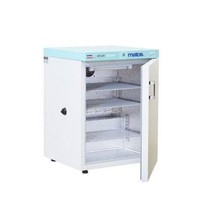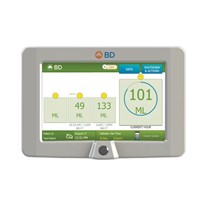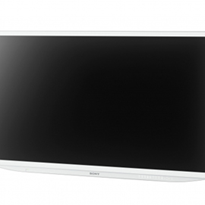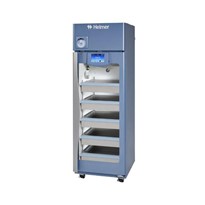Vaccines must be kept at the proper temperature at all times. They can be destroyed and ruined if they are not, which can be very costly. For an institution that already has trouble financially, that's a lot of money to lose. Immunizations can be carefully stored and maintained at the right temperature to prevent this waste.
The Importance of Medical Fridges
Vaccines must always be kept in a medical refrigerator. This isn't just good practise; it's also a legal necessity. To keep their vaccinations safe and secure, all practices must use an approved medical fridge.
The basic requirement of a medical fridge is that vaccinations be kept between 2°C and 8°C.
Aside from that, a medical fridge should have the following characteristics:
- They should be secured with a lock to avoid theft.
- They should be large enough to store the whole stock of vaccines and allow for air circulation around each packet.
When using a medical fridge, keep the following in mind:
- They should be reserved for vaccines and medications exclusively (not for food or specimens)
- They should be plugged into sockets without switches to avoid being accidentally switched off.
How to Keep Track of Vaccine Temperatures
It's critical to keep an eye on vaccines to make sure they're kept at the appropriate temperature and don't get damaged.
Someone in the practice should be in charge of keeping track of vaccine temperatures on a frequent basis.
This individual should record the temperatures at the same time each day, and they should be written down and signed on a form.
The nominated individual should then reset the thermometer after taking the reading.
What You Should Know About Thermometers
Two thermometers should be present in a medical fridge. One should be a maximum/minimum thermometer that is not powered by the mains. This is to keep it safe against power shortages and blackouts.
You could alternatively use a fridge with just one thermometer, but it must be calibrated every month to assure accuracy.
Also, ensure sure the thermometer's probe cable does not interfere with the door seal, since this can cause the temperature to drop.
A Few Words About Freezing
Vaccines should be stored in the refrigerator but not frozen. They must be kept at a specified temperature range, and freezing them will cause the vaccines to be damaged.
Freezing vaccines can cause them to degrade, reduce their potency, and make emulsions unstable. It can also cause microscopic holes in syringes, allowing bacteria to enter.
Follow the Maintenance Recommendations
You should also follow the proper maintenance methods for storing vaccinations in a medical fridge in addition to monitoring the temperature every day.
This includes the following:
- Maintain a clean refrigerator.
- Have an annual servicing and calibration contract in place.
- Every quarter, conduct a routine evaluation of vaccine management.
- Once a month, calibrate the temperature
- Once a week, check the contents of the refrigerator.
- Once a month, do a vaccination supply audit.
Ensure that your vaccines are kept at the proper temperature at all times.
These are the fundamental steps to guarantee that your immunizations are kept at the proper temperature at all times.
Of course, you'll need a high-quality medical fridge to make all of this happen. Once you've done that, take these steps to guarantee that all of your immunizations are kept at the proper temperature.


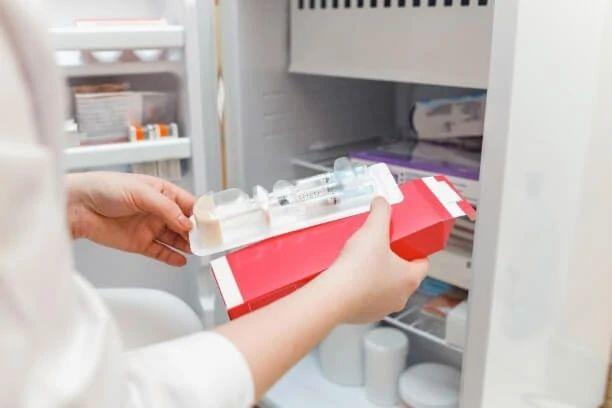
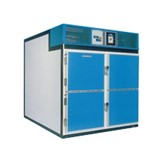


-160x160-state_article-rel-cat.png)








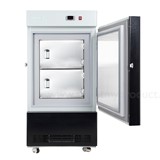
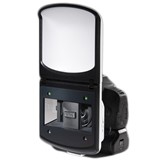


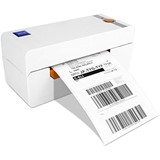
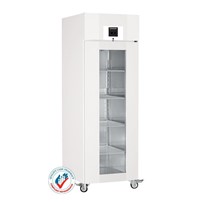
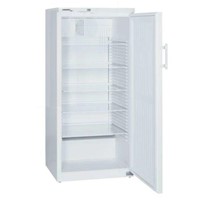
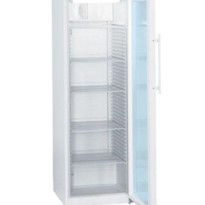
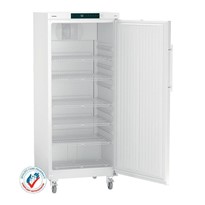

-205x205.jpg)

